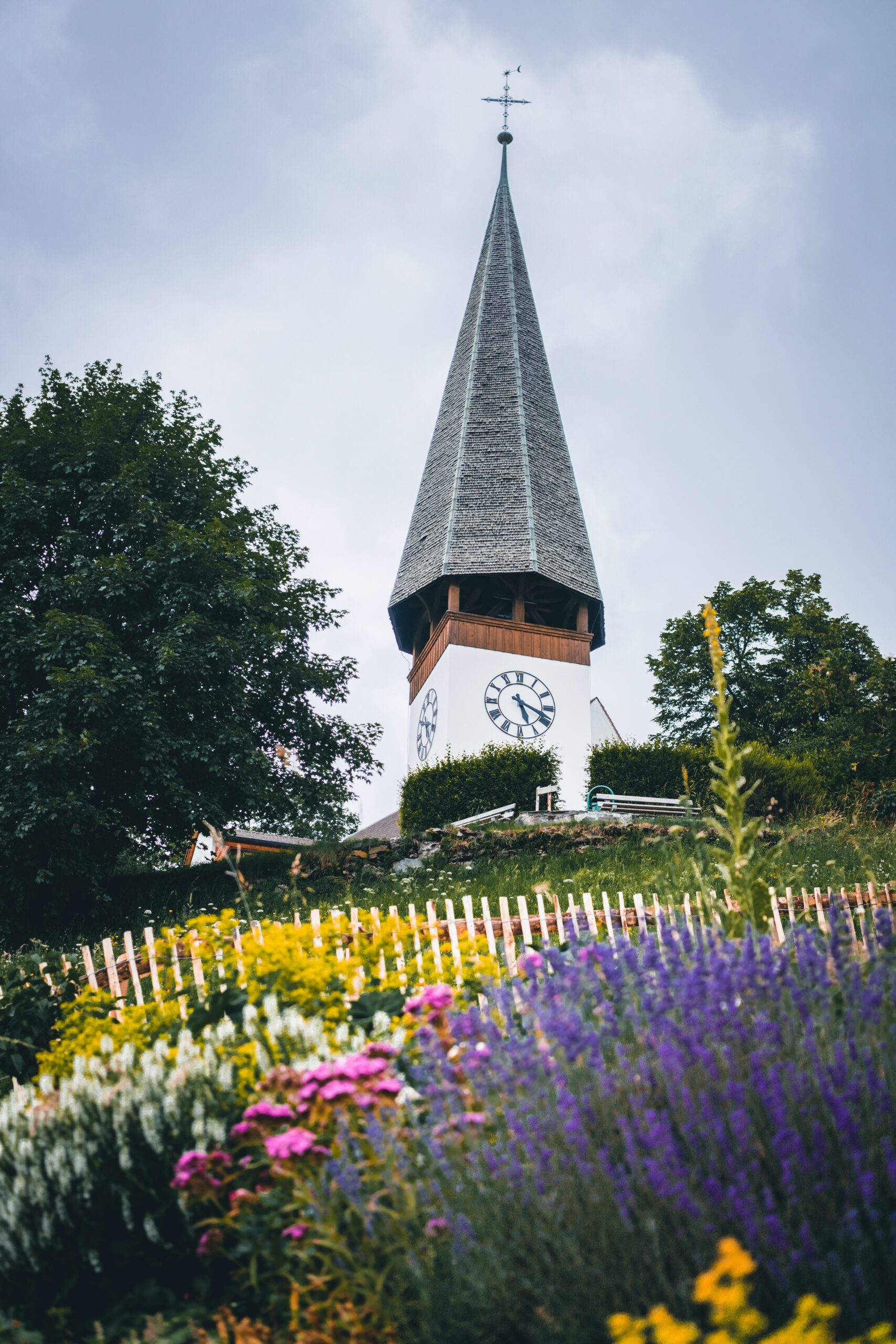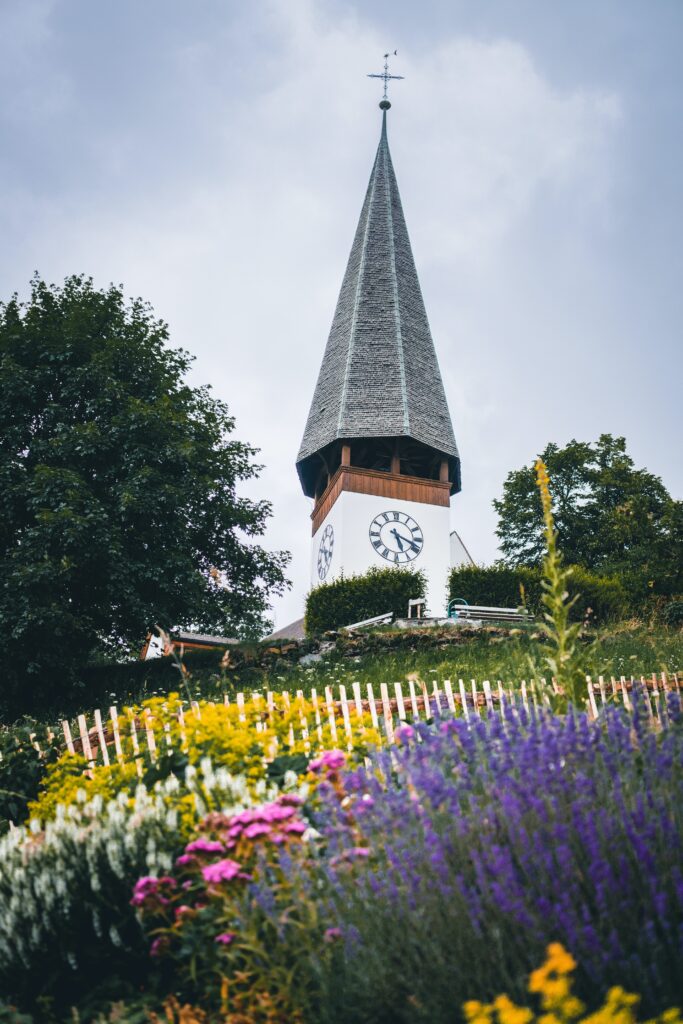
Country Slang: Unveiling the Colorful Language of Rural Life
Country slang, often referred to as rural or Southern slang, is a vibrant and distinct form of language that reflects the unique culture, lifestyle, and history of rural communities. Rooted in the countryside, farming, and small-town life, slang adds a colorful layer to the tapestry of American English. In this article, we’ll explore the charming world of slang, its origins, and some commonly used expressions that paint a vivid picture of rural living.
The Origin and Evolution
Country slang finds its roots in the heartland of America, where agricultural communities and small towns have thrived for generations. The language developed organically, influenced by the rural way of life, close-knit communities, and the need for concise and practical communication.
As these communities were often isolated from urban centers, they developed their own unique expressions and idioms. Over time, these linguistic quirks became part of the fabric of rural life, passed down through generations. Exploring The World Of Language – Searchsynonym
The Influence of Agriculture
Agriculture is at the core of country slang. Farming and ranching are physically demanding and require specialized knowledge and skills. This gave rise to numerous agricultural terms that found their way into everyday language. Phrases like “down on the farm,” “rake it in,” or “chew the fat” have their origins in agricultural practices and the farming lifestyle.
The Role of Community and Family
Country living places great value on community and family bonds. As a result, many slang expressions center around kinship, togetherness, and shared experiences. Phrases like “kinfolk,” “blood is thicker than water,” and “folks back home” emphasize the importance of family and community.
Nature and the Outdoors
The countryside is a world of its own, with a strong connection to the land and the outdoors. Many slang terms revolve around nature and rural activities. Expressions like “gone fishing,” “hit the trail,” or “out in the sticks” speak to the rural love for outdoor adventures and the beauty of the natural world.
Simplicity and Practicality
Slang is often characterized by its simplicity and practicality. The language is straightforward and rooted in everyday experiences. Expressions like “make do,” “plain as day,” or “fixin’ to” capture the practical, no-nonsense approach to life in rural communities.
A Source of Warmth and Character
Country slang is not just a linguistic oddity; it’s a source of warmth and character. These expressions convey a sense of nostalgia, community, and the enduring spirit of rural life. They evoke the comforting image of front porches, homemade pie, and the kindness of neighbors.
A Linguistic Connection to Tradition
In a fast-paced world, slang serves as a connection to tradition and heritage. It reminds us of the enduring values of rural communities, the hard work of the land, and the beauty of a simpler way of life. It’s a reminder that even in a rapidly changing world, there’s a place for the timeless charm of slang.
How Does Community and Family Play a Role in Country Slang?
The close-knit nature of rural communities fosters a unique linguistic environment where shared experiences, traditions, and values influence the development of slang.
1. Community Bonding
- Shared Experiences: Country slang often emerges from shared experiences within a community. Phrases and expressions reflect the daily lives, challenges, and triumphs of individuals living in rural areas.
- Camaraderie: The sense of camaraderie in rural communities contributes to the creation of slang. Slang becomes a way to establish a shared identity and strengthen community bonds.
2. Family Traditions
- Generational Influence: Slang in country settings often passes down through generations. Older family members may impart unique expressions to younger ones, creating a linguistic heritage within families.
- Family Values: The values instilled within families contribute to the choice of words and expressions. Slang may reflect traditional family values, work ethic, and cultural beliefs.
3. Everyday Interactions
- Informal Communication: Country slang thrives in informal settings, such as family gatherings and community events. It becomes a form of informal communication that fosters a sense of belonging.
- Storytelling: Families and communities use slang in storytelling. It adds authenticity to narratives and creates a connection between storytellers and listeners.
4. Regional Identity
- Regional Variations: Different regions within a country may have their own variations of slang. This diversity adds richness to the language and reinforces regional identity.
- Influence of Geography: The landscape, agriculture, and lifestyle of a region can significantly influence the slang used. For example, farming communities may have agricultural references woven into their expressions.
Discover more, at Country Living
How Does Country Slang Connect to Tradition?
1. Cultural Heritage
- Verbal Tradition: Slang is often passed down orally, becoming an integral part of a community’s verbal tradition. It carries the stories, wisdom, and humor of previous generations.
- Preservation of History: Certain slang terms may have historical roots, preserving aspects of the community’s history. They act as linguistic artifacts, telling tales of the past.
2. Rural Lifestyle
- Agricultural Roots: Many country slang terms have origins in agriculture, reflecting the rural lifestyle. Expressions related to farming practices, livestock, and land ownership are handed down through generations.
- Work Ethic: Slang in rural areas often reflects the strong work ethic embedded in tradition. Expressions related to hard work, perseverance, and resilience become a testament to the values upheld over time.
3. Generational Transmission
- Family Legacy: Country slang is frequently transmitted from older generations to younger ones within families. Grandparents and parents impart linguistic traditions, ensuring the continuity of slang.
- Shared Experience: Slang emerges from shared experiences, and its transmission across generations helps maintain a sense of continuity in the face of evolving cultural landscapes.
4. Community Rituals
- Festivals and Gatherings: Country slang finds a home in community rituals and gatherings. Whether at barn dances, county fairs, or family reunions, these events become platforms for the exchange and celebration of slang.
- Celebratory Expressions: Slang is often used in celebratory expressions, adding a touch of familiarity and tradition to events like weddings, births, and holidays.
5. Regional Identity
- Distinctive Expressions: Country slang contributes to the distinctive identity of different rural regions. The use of specific expressions creates a sense of belonging and pride in regional heritage.
- Geographical Nuances: Slang can carry geographical nuances, reflecting the unique landscapes, climate, and natural resources of a particular region.
Learn more about the role of country slang in preserving tradition and heritage at The Rural Economist.
Read more about country slang
Looking for the place where this picture was taken?
Comment on our instagram and we will reply.




